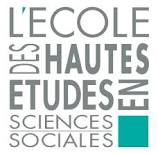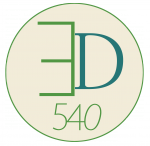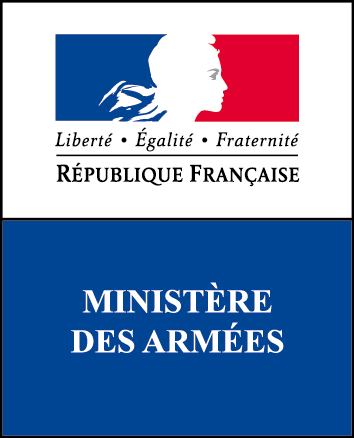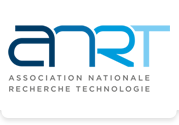Overview
CoML is based in the Departement d’Etudes Cognitives of the Ecole Normale Supérieure and is a joint EHESS, ENS, CNRS and Inria research team at the intersection between cognitive and computer science." content : " Brain-inspired machine learning algorithms combined with big data have recently reached spectacular results, beating humans on specific high level tasks (e.g. the game of go). However, there are still a lot of domains in which even humans infants outperform machines: unsupervised learning of rules and language, common sense reasoning, and more generally, cognitive flexibility (the ability to quickly transfer competence from one domain to another one).
The aim of the Cognitive Machine Learning team is to reverse engineer such human abilities, i.e., to construct effective and scalable algorithms which perform as well (or better) than humans, when provided with similar data, study their mathematical and algorithmic properties and test their empirical validity as models of humans by comparing their output with behavioral and neuroscientific data. The expected results are more adaptable and autonomous machine learning algorithm for complex tasks, and quantitative models of cognitive processes which can used to predict human developmental and processing data. Most of the work is focused on speech and language and common sense reasoning.
Research Themes
We work mainly in two research areas.
Reverse engineering early language acquisition. We develop unsupervised learning algorithms which discover speech and language units from raw sensory data (speech and video of parent/infant interactions) and validate them empirically in infants.
Human/Machine Benchmarking. We construct open-source cognitive tests designed to evaluate how an artificial system performs a complex function like language processing or reasoning and compare results with human performance on the same task and data.















